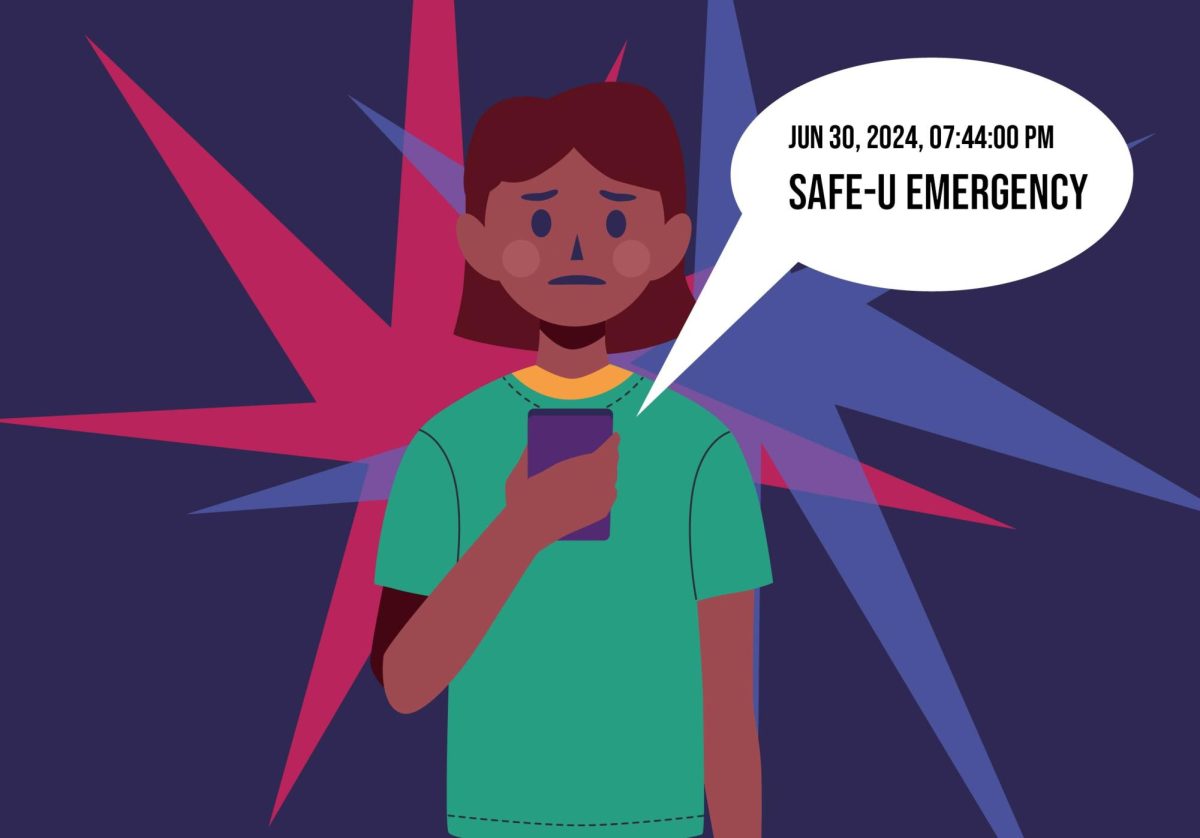The University of Minnesota Student Senate passed a mental health expansion resolution on Dec. 3, assembling a task force to address the challenges of accessing mental health resources during the COVID-19 pandemic.
Among several issues, the task force will advocate for student access to telehealth services across state lines.
In April, Gov. Tim Walz issued an executive order that ensures Minnnesotans can continue to access mental health services from out-of-state providers. The order accommodates Minnesotans who previously lived out of state but have returned to Minnesota during the pandemic, like some college students. Some telehealth-related executive orders have been declared or extended, though others are set to expire. Minnesota’s waiver for out-of-state telemedicine services is currently slated to expire on Dec. 14, according to Walz’s order. Because accessing services depends on telehealth state laws, many international students and students from states without similar policies cannot access their mental health services in Minnesota if they are not residing in the state.
Sophronia Cheung, co-sponsor of the resolution and vice president of the Minnesota Student Association, said distance makes it harder for students to access mental health resources and that administrators should do more to address the hardships that students face during COVID-19. Cheung is also the former external vice president of the Minnesota International Student Association.
“There’s a lot of students whose homes consider mental health issues taboo or not talked about, so it is harder to reach out and do these services…” Cheung said in an email. “I firmly believe mental health is something that needs to be firmly brought awareness of. Especially for international students where their mental health is not talked about at home or the distance made it much harder for school this year.”
Matthew Hanson, the interim director of the mental health clinic at Boynton Health, said the primary barriers that students face when returning to their home state or country are mainly related to issues surrounding insurance coverage and a provider network.
“Our ability to provide care in various locations are driven by licensure requirements in each state. In other words, it’s not the [Student Services Fees] that determine their eligibility, it’s the laws and statutes from the states where they live,” Hanson said in an email.
According to Hanson, Boynton has a team of clinical care coordinators who help students connect with a provider in their area.
The resolution calls for the Office of the President and the Office of Government and Community Relations to advocate for the expansion of mental health provider licenses to include interstate care as well as the broadening of insurance network coverage of telehealth services.
The resolution also said the University should allocate additional resources to support the efforts of Student Counseling Services, Boynton and the Care Program to ensure students receive continuous care.
The task force will also call on the University to implement more lenient attendance policies and record all Zoom lectures to increase flexibility for students during the pandemic.
In the short-term, the resolution asks that students are kept up to date about information on student mental health resources and that all courses include a list of mental health and stress management services in their syllabi.
“Rather than just saying at the bottom [of the syllabus] ‘the following policies also apply to this class’ and then making the students click through those links and try to find the information, just list it in the syllabus,” said Emma Flynn, a student senator and one of the resolution’s authors.
The Student Senate Mental Health Advocacy Expansion Task Force hopes to present the resolution to the Office of the President.
“It was very clear that a lot gets talked about, but not necessarily a lot gets done in terms of writing the resolution and passing something,” Flynn said. “I don’t think there’s a more compelling kind of thing to be working on, especially right now.”


























